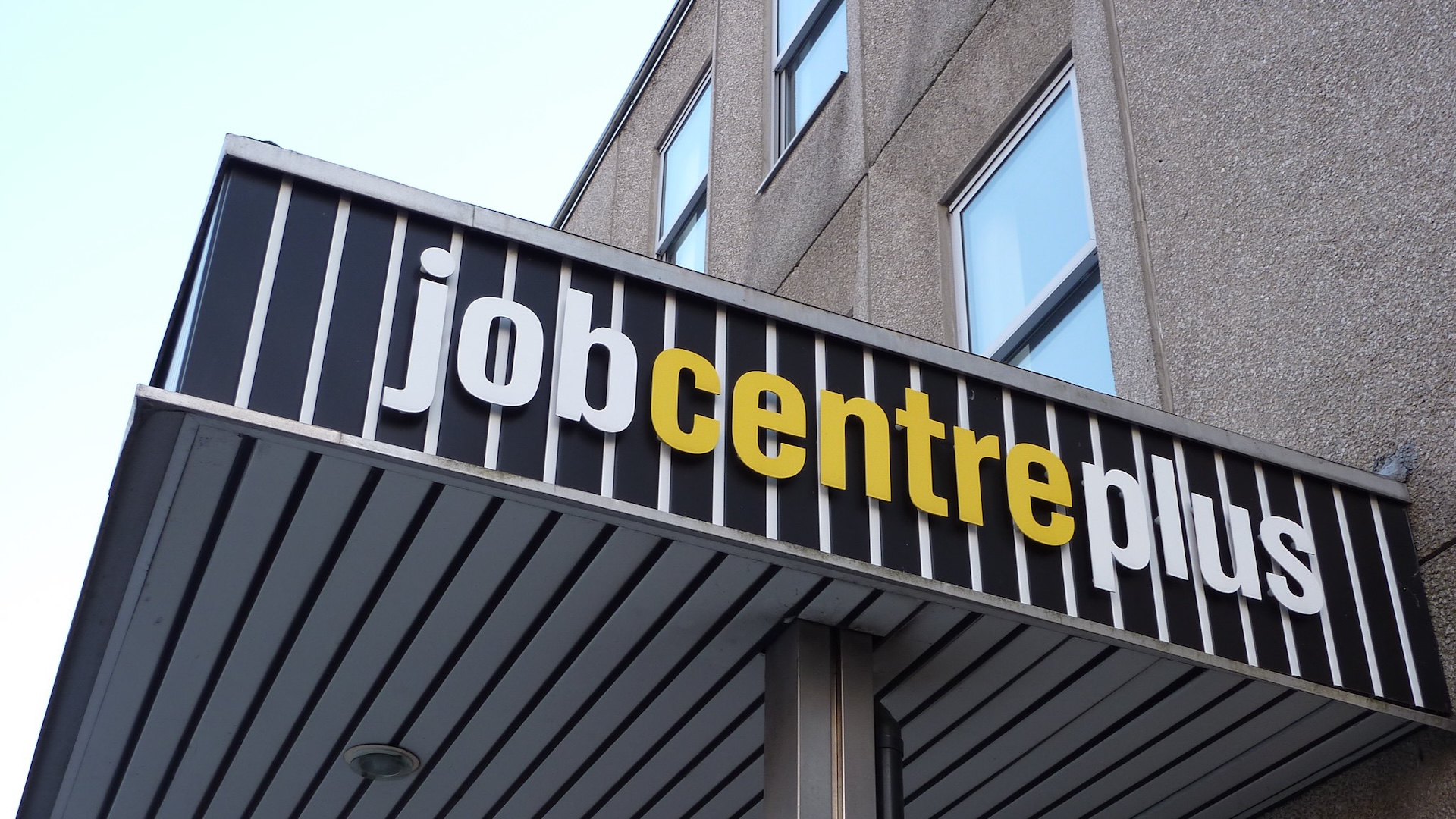Proposals for cutting disability benefits – and in particular personal independence payment (PIP), the disability benefit for working-age adults – are back in the news again. Last week, Reform UK unveiled a plan to cut billions of pounds of spending on PIP, targeting people receiving the benefit because they have mental health problems. And earlier this week, the Conservative party leader Kemi Badenoch dialled up attacks on the government over the issue, pointing to her party’s own proposal to restrict eligibility for PIP.
One argument used to justify proposals for cutting disability benefits is that doing so boosts the economy and generates growth by ‘incentivising’ more disabled people to enter work. When setting out his party’s proposals, MP Lee Anderson, Reform UK’s spokesperson on social security, claimed that PIP provides some people “an excuse not to go to work”. Badenoch similarly suggested that cutting spending on PIP would lead to more people entering work, echoing rhetoric used by the government when justifying its own ill-fated attempt to narrow eligibility for PIP.
The most obvious flaw in this argument is that PIP is not an out-of-work benefit, and many people who receive PIP (around one in six) are in work. But the claim that there is no link between PIP and work is overstated. Although the PIP assessment is not explicitly focused on work, many of our clients who receive PIP tell us that they fear losing this support if they were to try work.
Read more:
- Five major banks to allow homeless people to open bank accounts under new pilot
- ‘I was not built for the nine-to-five lifestyle’: Why so many Gen Z workers have a side hustle
- We cannot continue letting billionaires keep the world’s money while the poorest suffer
Does that mean that the problem with our disability benefits system is that it’s too generous? Is it too easy to qualify for PIP, giving disabled people an easy option to avoid work? New research from Z2K finds that precisely the opposite is true. Far from being too generous, it’s precisely the meanness of our disability benefits system that is holding some disabled people back from trying work.
PIP was introduced by the David Cameron government as one of its key ‘welfare reform’ measures, in a period that was notorious for its ‘strivers vs scroungers’ rhetoric. It was a significant plank of that government’s austerity programme and had an explicit aim of reducing spending on disability benefits by 20%. PIP failed to achieve these desired savings, but this cuts-focused intent left a legacy of cruelty that can be found in the operation of the PIP assessment system today. Harsh decision-making is rife: the Department for Work and Pensions (DWP) routinely refuses perfectly legitimate claims for PIP, with nearly four in five appeals leading to the original decision being overturned.





